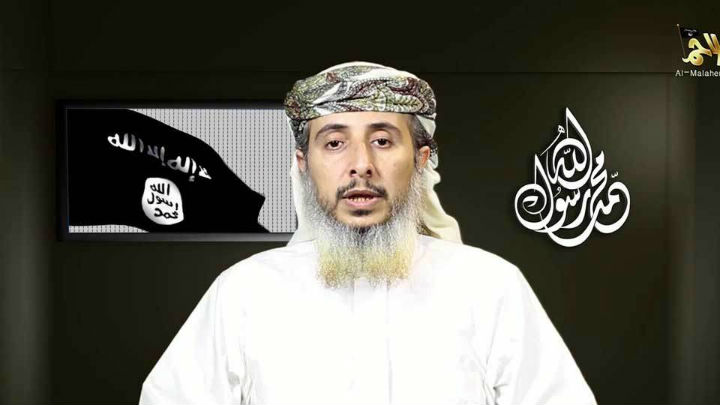The claim by Yemen-based al-Qaeda in the Arabian Peninsula (AQAP) that it directed the Jan. 7 attack on the office of satire magazine Charlie Hebdo marks the first time al-Qaeda or its affiliates have successfully carried out an attack against a Western target since the London bombings in 2005.

Al-Qaeda was long considered enemy number one when it came to global security and AQAP was perceived enough of an international threat that the U.S. has carried out approximately 100 drone strikes against targets in Yemen since 2010.
But over the past year global attention turned to ISIS as the terror group grew its ranks by recruiting thousands of foreign fighters — including dozens from Canada — and expanded its control of territory in both Syria and Iraq to establish a self-declared caliphate.
READ MORE: New issue of ‘Charlie Hebdo’ sells out in Paris before dawn
That led to increased support from Islamists and analysts have suggested this may be AQAP ‘s attempt to show what it’s capable of.
Others said al-Qaeda’s announcement in September that it was establishing operations in India was indicative of ISIS overshadowing its parent-turned-rival and the terror network moving to hold onto its influence.
- Four injured after military horses break loose, stampede in London, U.K.
- Canada refused to repatriate woman from ISIS camp because she can’t be arrested: internal memo
- Russia vetoes UN resolution to prevent nuclear arms race in space
- Spain’s PM considers resigning amid wife’s legal probe: ‘Is it all worth it?’
“The Islamic caliphate of ISIS has gained tremendous global prominence because of the brutality and ruthlessness, and al-Qaeda itself is now competing internationally for Muslim support. It is a rival of the Islamic caliphate,” Rohan Gunaratna, head of Singapore’s S. Rajaratnam School of International Studies’ International Centre for Political Violence and Terrorism Research, told Bloomberg in September.
READ MORE: France extends airstrikes in Iraq on Islamic State
ISIS was an al-Qaeda offshoot, born out of al-Qaeda in Iraq, but the terror network disavowed the organization almost a year ago — before it launched a major expansion into Iraqi territory and carried out a string of atrocities, making it notorious around the globe.
But, AQAP has established itself as the most prominent of the al-Qaeda affiliates, which also include Jabhat al-Nusra in Syria, al-Qaeda in the Islamic Maghreb in North Africa and Somalia’s al-Shabab.
Some al-Qaeda affiliates have pledged their support for ISIS and its self-declared caliphate, including al-Qaeda in the Islamic Maghreb and, for a time, some high-ranking members of AQAP did as well.
That changed in October
According to CNN, AQAP cleric Harith bin Ghazi al-Nadhari condemned ISIS for claiming an expansion into Yemen and for “spilling inviolable blood under the excuse of expanding and spreading the power of the Islamic State.”
With AQAP’s top commander Nasr al-Ansi saying “chose the target, laid out the plan and financed the operation” and that the directive came from Zawahiri, if true, clears up some confusion over the origins of the attack, but not all.
READ MORE: Canada is at war with the Islamic State movement: Harper
The suspects in the Charlie Hebdo attack, brothers Cherif and Said Kouachi, claimed to have been acting on behalf of AQAP. But their associate, Amedy Coulibaly, who murdered four hostages at a kosher supermarket in Paris on Friday before police killed him, said in a video he was aligned with ISIS.
That same day, cleric Abu Saad al-Ansari delivered a sermon in Iraq claiming ISIS had a role in the Paris attacks.
“We started with the France operation for which we take responsibility. Tomorrow will be in Britain, America and others,” The Intercept reported al-Ansari saying.
Intercept reporter Jeremy Scahill wrote that it was an attempt by ISIS to “capitalize” on the attacks.
“While not impossible, it is unlikely that AQAP and ISIS at a high level agreed to cooperate on such a mission. An AQAP source told me that the group supports what Coulibaly did and that it does not matter what group — if any — assisted him, just that he was a Muslim who took the action,” Scahill wrote.
With files from The Associated Press


Comments